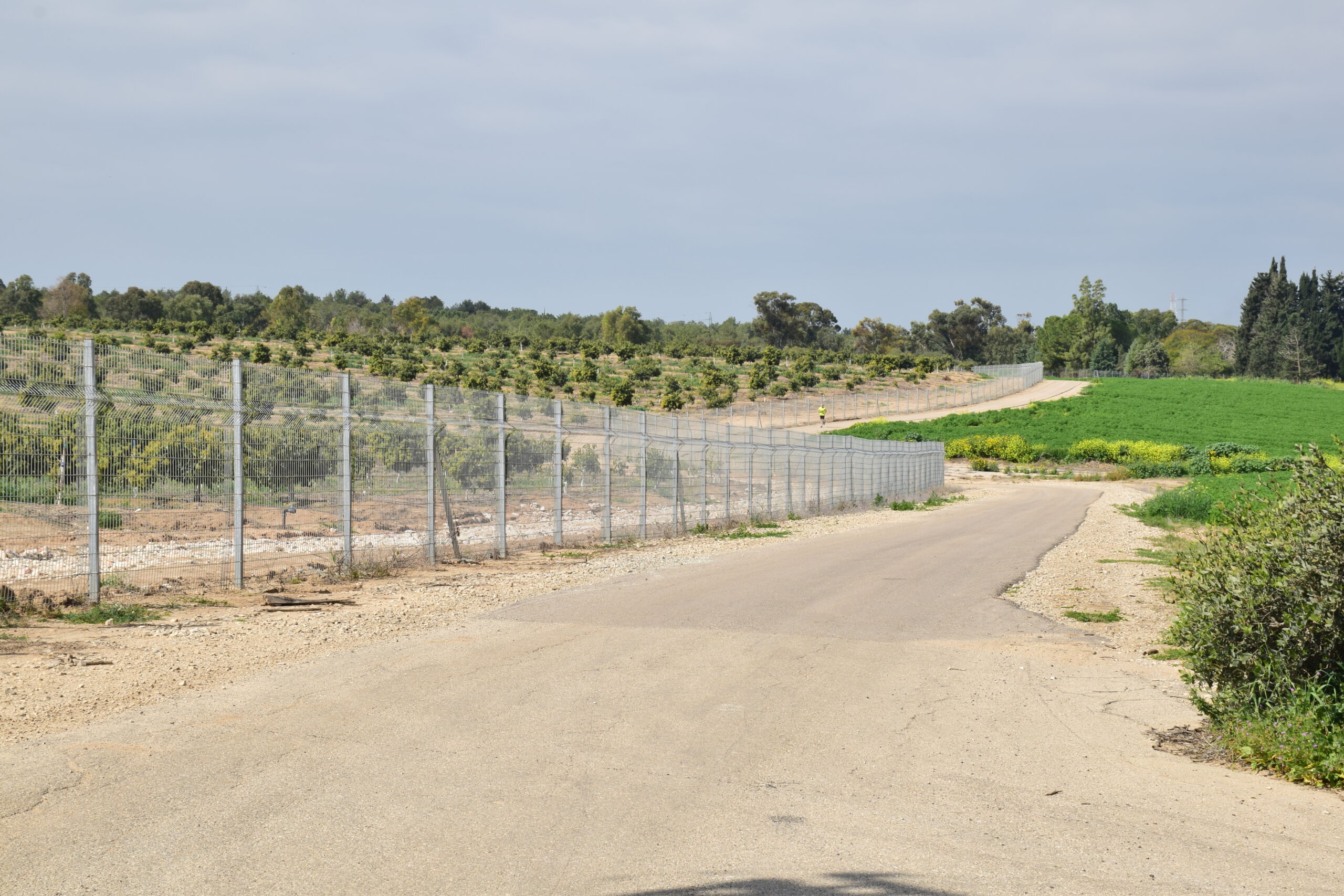On Friday, March 22, Israeli Finance Minister Bezalel Smotrich announced the seizure of 800 hectares (1,976 acres) of land in the West Bank’s Jordan Valley region, marking the single largest land grab since the 1993 Oslo Accords.
According to international law, all settlements built in the occupied territories are illegal. This month, the UN’s human rights chief Volker Turk stated that “settlements had expanded by a record amount and risked eliminating any possibility of a Palestinian state.”
Regional sources report on the development:
The Jerusalem Post reported that this seizure “classified an additional 800 hectares (1,977 acres) of land in the Jordan Valley, located over the Green Line, as state land… The classification of the additional state land was authorized by Smotrich, through his role in the Defense Ministry, and with the oversight of the Civil Administration.” The source cited the NGO Peace Now’s assessment that “Israel has classified more territory in Area C as state land this year than it has done in at least the last 25 years.”
Providing details on the intended use of the seized land, Al Mayadeen explained: “Israeli authorities are planning to construct hundreds of housing units on the occupied land, in addition to establishing industrial and commercial areas. The plan is expected to take about two years to complete and will require political approval.”
Al-Arabiya clarified that “settlements in the Palestinian territories are illegal under international law.” However, “despite opposition abroad, Israel has in recent decades [built] dozens of settlements across the West Bank. They are now home to more than 490,000 Israelis, who live alongside around three million Palestinians in the territory.” Settlement building has seen a “drastic acceleration” since the Gaza war began in October 2023, according to a UN official.
Smotrich defended the land grab: “While there are those in Israel and in the world who seek to undermine our right to Judea and Samaria and the country in general, we promote settlement through hard work and in a strategic manner all over the country,” Al Jazeera quoted, noting Smotrich’s use of Biblical names for the area of the West Bank.
Al-Ahram quoted a report from the UN Human Rights Council, stating that “such transfers amount to a war crime that may engage the individual criminal responsibility of those involved.” Further, it was found “that the Israeli government’s policies ‘appear aligned, to an unprecedented extent, with the goals of the Israeli settler movement to expand long-term control over the West Bank, including East Jerusalem, and to steadily integrate this occupied territory into the State of Israel.’”
The announcement occurred “while US Secretary of State Antony Blinken was in talks with Israeli Prime Minister Benjamin Netanyahu in Tel Aviv” and as U.S.-Israeli tensions rise over Israel’s plan to “launch a military offensive against Rafah in southern Gaza, where up to 1.5 million Palestinians have sought shelter after being driven from their homes elsewhere in the enclave.” Arab News noted that “Blinken has described settlement expansion as ‘counterproductive to reaching enduring peace’ with the Palestinians.”
(Banner Image: Anat Frank Gorali)
